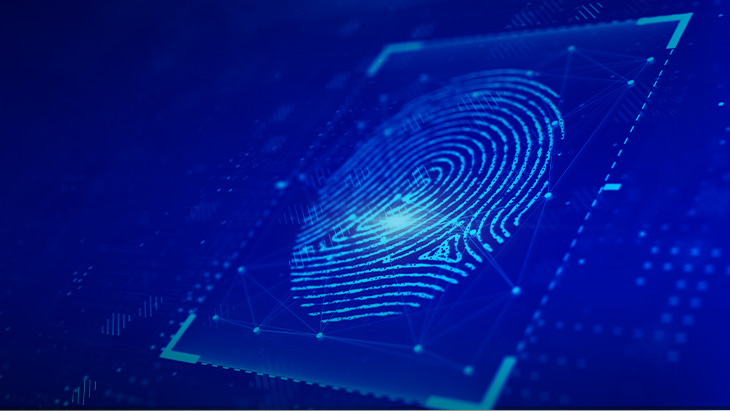
What Makes Data Masking So Important?
In today's digital age, data is one of the most valuable assets for any business. From customer information to financial records, companies rely on data to make informed decisions and maintain their competitive edge. However, with great power comes great responsibility. It's important to protect sensitive data from unauthorized access and prevent data breaches. One effective way to do this is through data masking.
Data masking is a technique used to hide sensitive information by replacing it with fictitious data or masking characters. The original data is preserved, but the sensitive information is obscured. This technique is used to protect sensitive data such as social security numbers, credit card numbers, and other personally identifiable information (PII). In this article, we'll explore the importance of data masking and how it can help protect your business from data breaches.
1. Compliance with Data Privacy Regulations
Data masking is essential for businesses to comply with data privacy regulations such as the General Data Protection Regulation (GDPR), the California Consumer Privacy Act (CCPA) or Personal Data Protection Authority (KVKK). These regulations require companies to protect sensitive data and ensure that it's not exposed to unauthorized access. Failure to comply with these regulations can result in hefty fines and damage to the company's reputation.
2. Preventing Data Breaches
Data breaches can be costly and devastating for businesses. Hackers can gain access to sensitive data and use it for identity theft, fraud, or other malicious purposes. Data masking can help prevent data breaches by hiding sensitive information from unauthorized users. Even if a hacker gains access to a database, they won't be able to see the original data, which reduces the risk of data theft.
3. Protecting Intellectual Property
Data masking can also be used to protect intellectual property such as trade secrets and proprietary information. By masking sensitive information, businesses can limit the exposure of their valuable data to unauthorized users. This can help prevent competitors or other third parties from gaining access to sensitive information and using it for their own benefit.
4. Maintaining Data Quality
Data masking can also help maintain the quality of data by preserving the original format and structure of the data. This ensures that the data remains consistent and accurate, even after masking. This is important for businesses that rely on data analysis and reporting to make informed decisions.
5. Implementing Data Masking
There are several methods for implementing data masking, including data scrambling, encryption, and tokenization. Data scrambling involves randomly changing the values of sensitive data, while encryption involves converting data into a code that can only be deciphered with a key. Tokenization involves replacing sensitive data with a token that has no relation to the original data.
When implementing data masking, it's important to consider the specific needs of your business and the type of data being protected. Businesses can use a combination of methods to achieve the desired level of security.
To sum up, data masking is an essential technique for protecting sensitive data from unauthorized access and preventing data breaches. It's important for businesses to comply with data privacy regulations, protect intellectual property, maintain data quality, and enhance search engine optimization. By implementing data masking, businesses can ensure the security of their valuable data and maintain their competitive edge in the digital age. That's exactly why Kron's Dynamic Data Masking solution is an added benefit to you and your organization’s PAM strategy. Contact us to get detailed information about our Dynamic Data Masking solution and how it can help you control secure access to your sensitive data and manage it centrally.
Other Blogs













